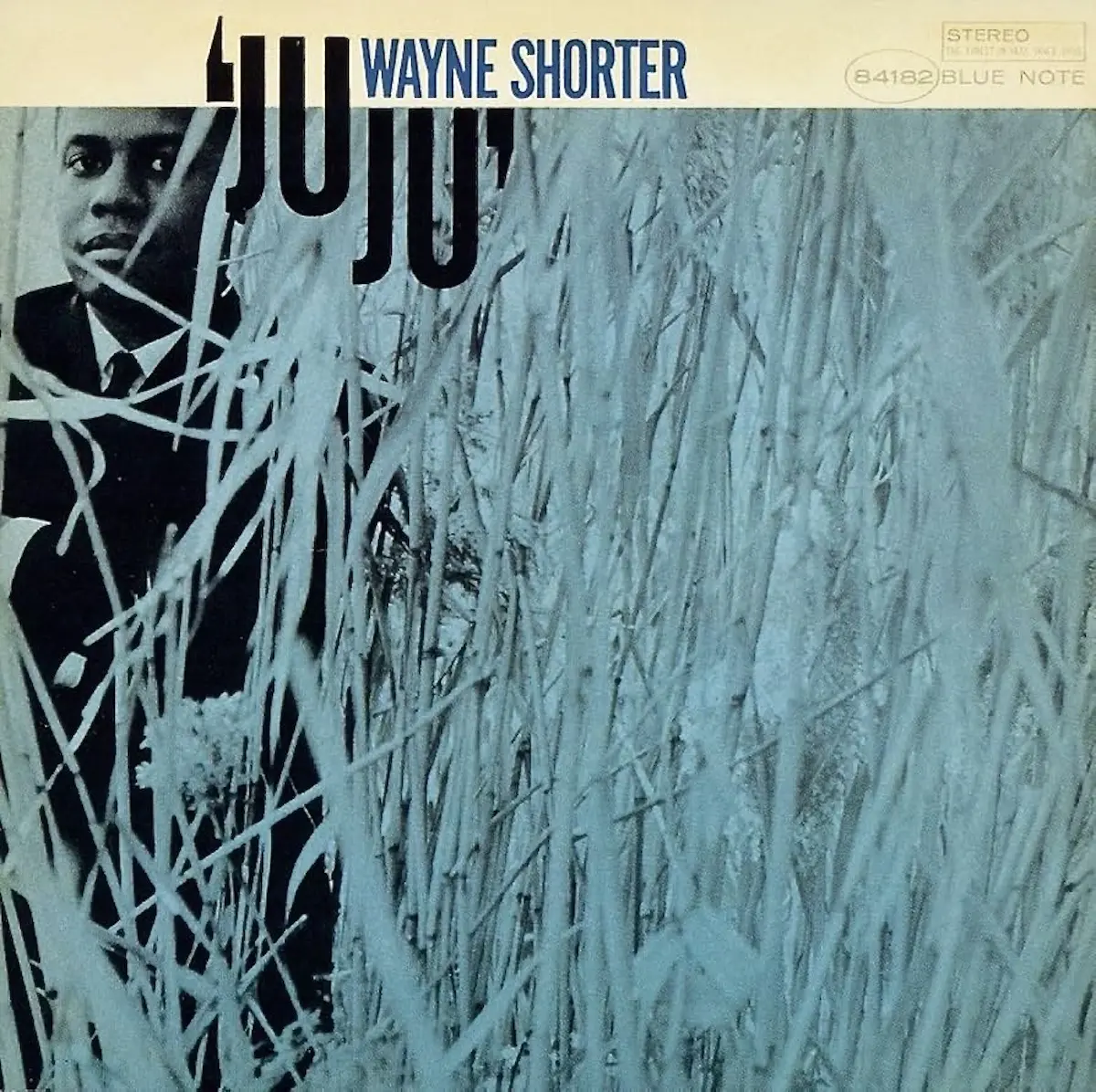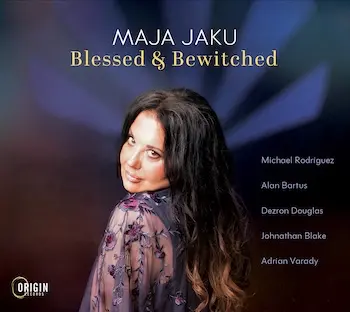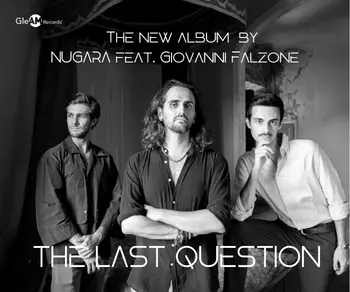
When Wayne Shorter and Joe Zawinul pooled their considerable talents to form the seminal Weather Report in 1971, Shorter concentrated on composing and playing ensemble music. This album, recorded a few days before his 31st birthday in 1964, shows us a different Shorter – one who was still working in a conventional quartet context. However, though the setting may have been well worn by then, there was nothing clichéd about either the rhythm section (the early sixties’ most original), the compositions (unusual chord movement and melody) or the soloist (one of the freshest at that time). Subsequently, it has become evident that Shorter has become one of the most influential and possibly under-rated saxophonists to emerge in the last 25 years.
One of the most distinctive characteristics of Shorter as a tenorist is his sound, which is simultaneously harsh and soft, combining bitterness and sweetness into a typical jazz amalgam. He is also able to control and manipulate that sound with great subtlety, so that as much of his magic is in his articulation as in his melodic ideas. In addition, he makes oblique note choices, is not afraid to leave space, plays melodies when he solos and swings with lazy nonchalance. For an example, there is none better than the development of his solo on Deluge, where a simple phrase is reiterated and displaced before leading to a chromatic line and a sideslip out of key. As a composer, Shorter marks his modernity by sustained use of the whole tone scale of the title track, and his individuality with the idiosyncratically dense chord movement of House Of Jade.
JuJu is a record to be enjoyed and studied, in that order, by all contemporary composers and saxophonists who wonder where they came from.
Discography
JuJu; Deluge; House Of Jade (20.04) – Mahjong; Yes And No; Twelve More Bars To Go (19.41)
Wayne Shorter (ts); McCoy Tyner (p); Reginald Workman (b); Elvin Jones (d). Recorded Englewood Cliffs, NJ, 3/8/64.
(Blue Note BST 84182)



